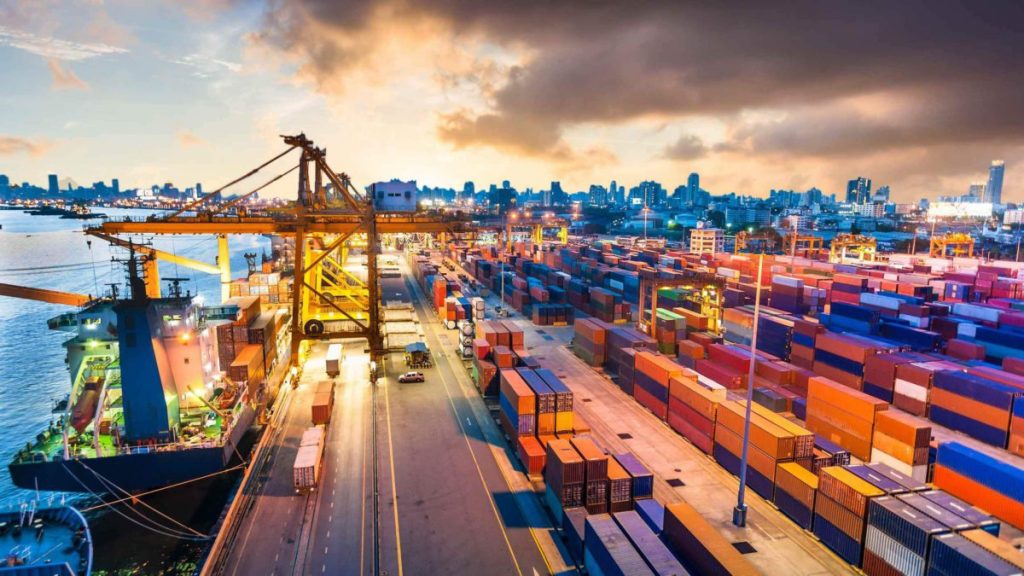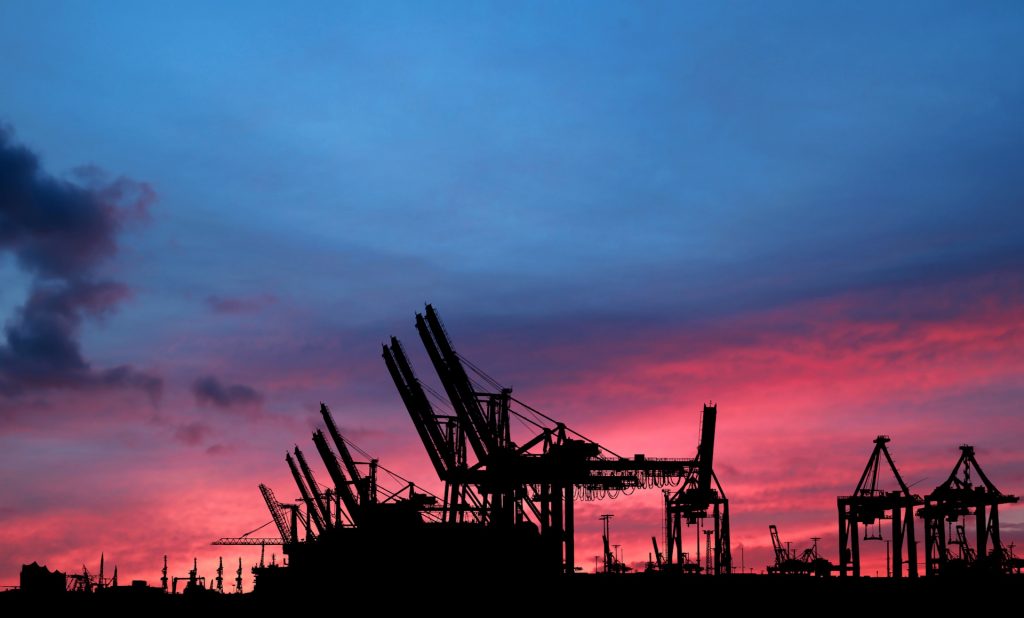It’s now widely accepted across the scientific community that human activity is causing a dramatic increase in the production of greenhouse gases, most significantly carbon dioxide, resulting in heat being trapped in the planet’s atmosphere. This has been the case for the past 150 years, and the resulting global warming is already having a huge effect on our environment. The study of history demonstrates that much worse is to come unless far-reaching and urgent measures to limit greenhouse gas emissions and deforestation, among other actions, are taken in the immediate future.

The impact of global warming can already be seen in the melting of polar ice caps leading to rising sea levels, the growth of inhospitable desert environments, and more extreme weather and geological events, including stronger and more frequent storms and hurricanes. Of all the industries that must accept responsibility for climate change, arguably logistics operators are the most directly aware of the deterioration taking place, as changes in weather systems, freak storms, affected sea routes and environmental transformation will all make a significant impression on their activities, forcing established business patterns and trading routes to be altered or dropped altogether.
What is being done? As governments around the world sign up to global energy policies aiming to reduce the use of fossil fuels, conserve resources, and improve efficiency through less waste and greater recycling, the logistics industry has necessarily responded. In the area of road transportation, major logistics firm DHL has committed to achieving zero emissions by 2050 and has also set out a series of 2025 targets. These include increasing carbon efficiency by 50% compared to 2007, and using clean delivery solutions such as bicycles and electric vehicles for first and last-mile delivery. The firm is also supporting wider environmental activities such as tree planting and is encouraging green solutions among their supply chain partners.
The shipping industry has also responded, and last year the International Maritime Organisation (IMO) agreed to cut carbon emissions by 50% by 2050 and to implement a 40% improvement in ship efficiency by 2030 (compared to 2008 figures) and 50-70% by 2050. The shipping industry is under pressure from new regulations to drastically reduce sulfur emissions, and research into new non-fossil fuels is underway. New propulsion systems and optimized designs are also being developed, and the aviation industry is conducting similar intensive research. Change cannot happen overnight, but while some providers will sadly go out of business, industry leaders will meet and even surpass new energy policies through innovation and vision.



